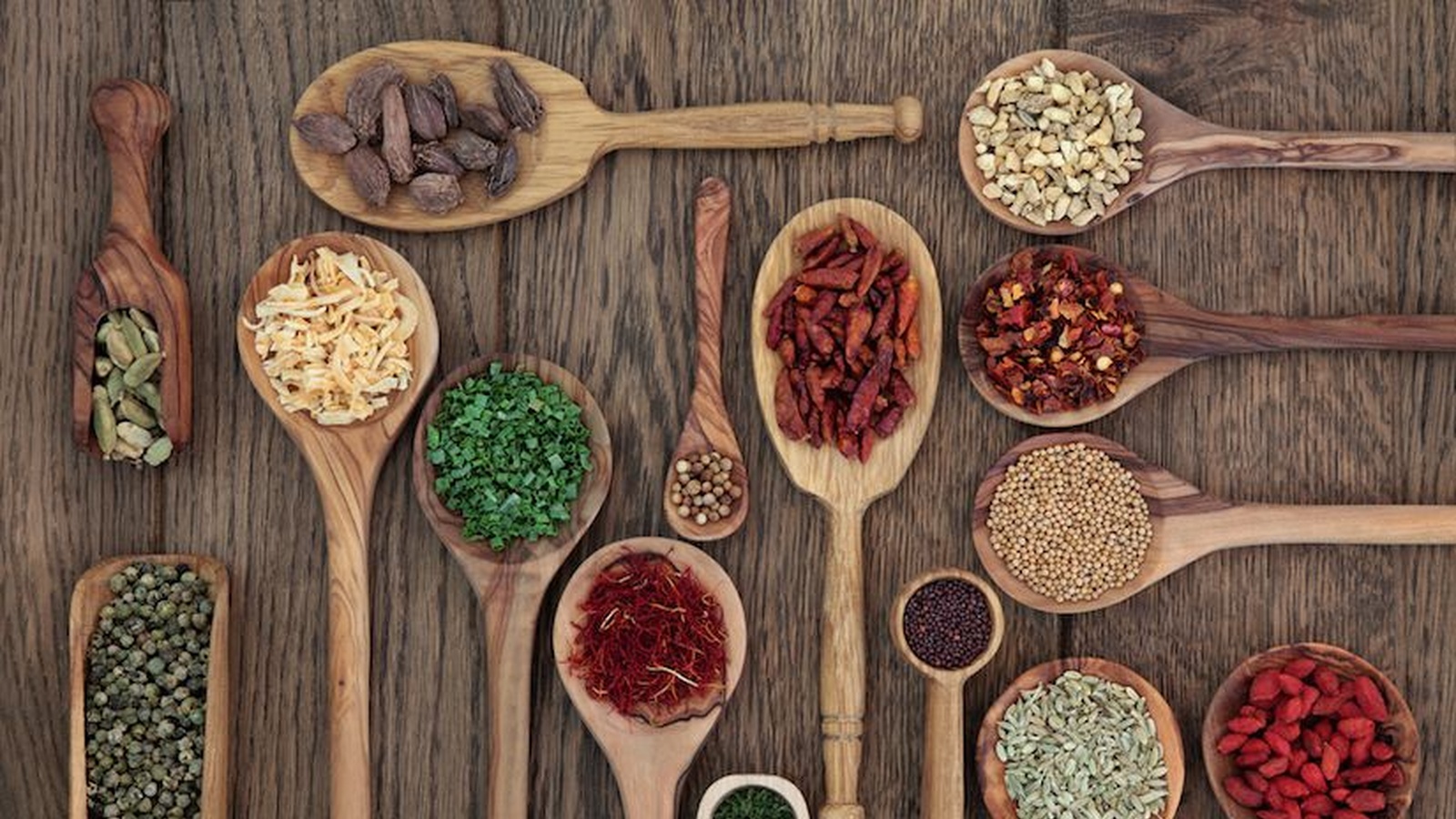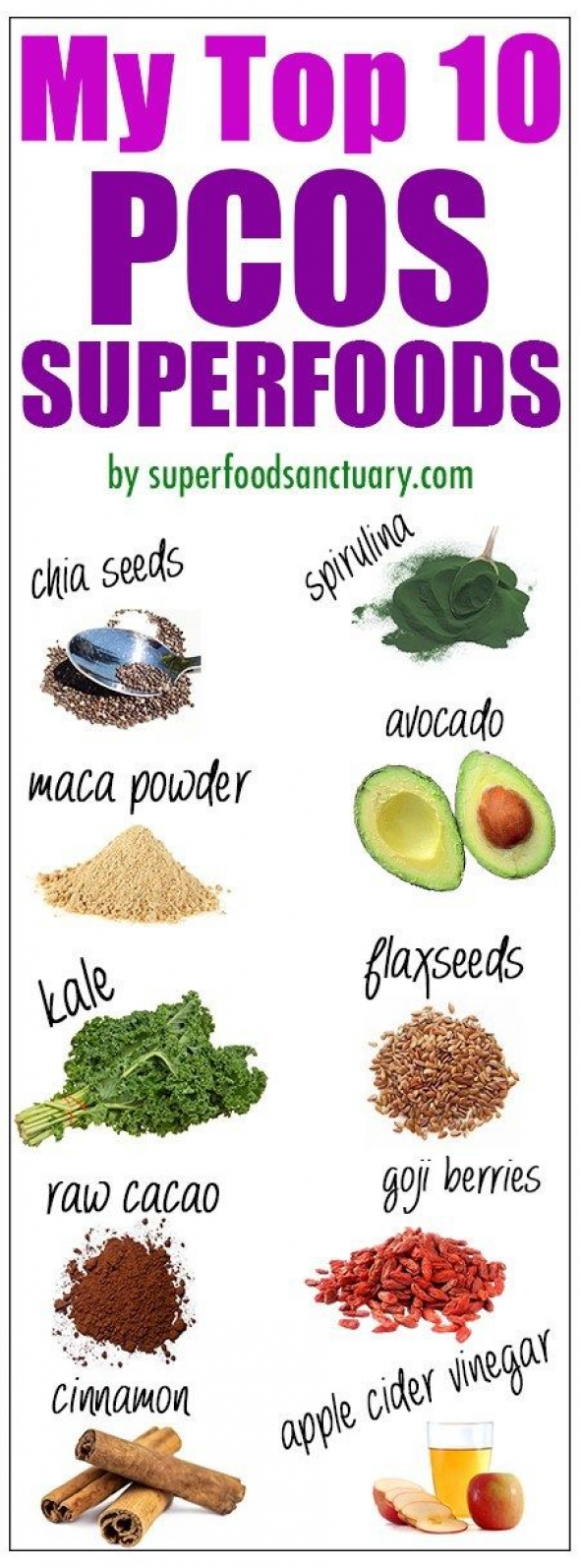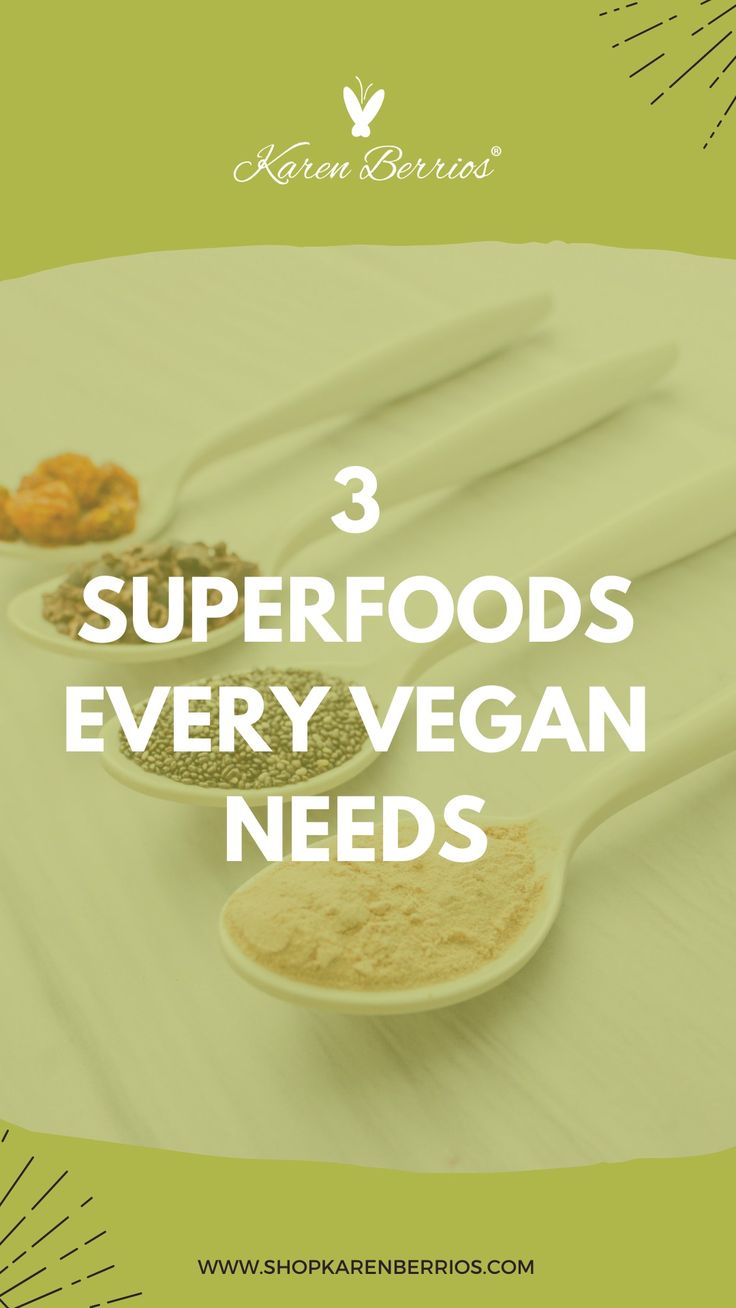[The Vegan’s Guide To Superfoods]

Executive Summary

Navigating the world of superfoods can be daunting, especially for vegans seeking nutrient-rich options. This guide will explore the top vegan superfoods, their benefits, and how to incorporate them into your diet. From ancient grains to vibrant fruits and vegetables, you’ll discover a wealth of plant-based powerhouses packed with essential vitamins, minerals, and antioxidants.

Introduction
As a vegan, your diet is a symphony of delicious and nourishing plant-based foods. But did you know that some of these foods are true superfoods, bursting with extra nutritional benefits? This guide dives into the world of vegan superfoods, showcasing the powerhouses that can enhance your health and well-being.
What Are Vegan Superfoods?
Vegan superfoods are plant-based foods packed with an abundance of nutrients, including vitamins, minerals, antioxidants, and fiber. These foods offer health benefits beyond their basic nutritional value, promoting overall well-being and potentially reducing the risk of chronic diseases.
FAQ:
- Q: Are all plant-based foods superfoods?
- A: No. While most plant-based foods are nutritious, superfoods stand out due to their exceptionally high concentration of specific nutrients that provide unique health benefits.
- Q: Do I need to eat superfoods every day to be healthy?
- A: While superfoods can be a valuable addition to your diet, they shouldn’t replace a balanced and diverse intake of fruits, vegetables, whole grains, and legumes.
- Q: Are superfoods a quick fix for health problems?
- A: No. Superfoods should be seen as part of a holistic approach to health, alongside a healthy lifestyle that includes regular exercise, stress management, and adequate sleep.
Leafy Greens
Leafy greens are a cornerstone of a vegan diet, providing an array of vitamins, minerals, and antioxidants.
- Spinach: Rich in vitamin K, folate, iron, and vitamin A. Supports bone health, blood clotting, and cell growth.
- Kale: Packed with vitamin C, vitamin K, calcium, and fiber. Contributes to strong bones, healthy skin, and digestive health.
- Collard Greens: A good source of vitamin A, vitamin C, potassium, and fiber. Benefits include immune system support, blood pressure regulation, and digestion.
- Swiss Chard: Rich in vitamin K, vitamin A, magnesium, and fiber. Promotes healthy bones, vision, and blood sugar control.
- Arugula: A good source of vitamin K, vitamin C, and calcium. Contributes to blood clotting, immune function, and bone health.
Ancient Grains
Ancient grains have been cultivated for centuries and offer a unique blend of nutrients and fiber, supporting digestion and overall well-being.
- Quinoa: A complete protein source, rich in iron, fiber, and magnesium. Contributes to muscle growth, energy production, and blood sugar regulation.
- Amaranth: High in protein, fiber, and iron. Benefits include improved digestion, muscle growth, and red blood cell production.
- Teff: A good source of iron, calcium, and fiber. Contributes to bone health, energy production, and digestive regularity.
- Millet: Rich in magnesium, iron, and fiber. Supports muscle function, energy production, and blood sugar control.
- Brown Rice: A whole grain packed with fiber, manganese, and selenium. Benefits include improved digestion, bone health, and antioxidant protection.
Legumes
Legumes are a versatile source of protein, fiber, and essential nutrients, making them a staple in vegan diets.
- Lentils: High in protein, fiber, and iron. Contributes to muscle growth, digestion, and red blood cell production.
- Black Beans: A good source of protein, fiber, and iron. Supports muscle growth, digestion, and red blood cell production.
- Chickpeas: Packed with protein, fiber, and folate. Benefits include muscle growth, digestion, and cell growth.
- Edamame: Rich in protein, fiber, and isoflavones. Contributes to muscle growth, digestion, and hormone balance.
- Peas: A good source of protein, fiber, and vitamin C. Benefits include muscle growth, digestion, and immune system support.
Nuts and Seeds
Nuts and seeds are nutritional powerhouses, providing healthy fats, protein, and essential minerals.
- Almonds: Rich in vitamin E, magnesium, and fiber. Benefits include antioxidant protection, muscle function, and digestion.
- Walnuts: A good source of omega-3 fatty acids, protein, and fiber. Contributes to heart health, brain function, and digestion.
- Chia Seeds: Packed with omega-3 fatty acids, fiber, and calcium. Benefits include heart health, digestion, and bone health.
- Flax Seeds: A good source of omega-3 fatty acids, fiber, and lignans. Contributes to heart health, digestion, and hormone balance.
- Pumpkin Seeds: Rich in zinc, magnesium, and fiber. Benefits include immune system support, muscle function, and digestion.
Fruits
Fruits are nature’s vibrant gifts, offering a symphony of vitamins, minerals, and antioxidants.
- Berries: A good source of vitamin C, antioxidants, and fiber. Benefits include immune system support, antioxidant protection, and digestion.
- Avocados: Rich in healthy fats, potassium, and fiber. Contributes to heart health, blood pressure regulation, and digestion.
- Bananas: Packed with potassium, vitamin B6, and fiber. Benefits include muscle function, nerve health, and digestion.
- Apples: A good source of fiber, vitamin C, and antioxidants. Contributes to digestion, immune system support, and antioxidant protection.
- Oranges: Rich in vitamin C and antioxidants. Benefits include immune system support and antioxidant protection.
Conclusion
Incorporating vegan superfoods into your diet can significantly enrich your overall well-being. From leafy greens bursting with vitamins to ancient grains offering fiber and nutrients, each superfood plays a unique role in promoting health and vitality. Remember to embrace a diverse range of plant-based foods, ensuring you get a wide spectrum of nutrients for a thriving and fulfilling vegan lifestyle.
Keywords:
Vegan Superfoods, Plant-Based Diet, Nutrient-Rich Foods, Healthy Eating, Vegan Nutrition